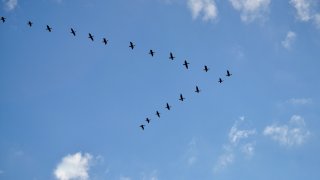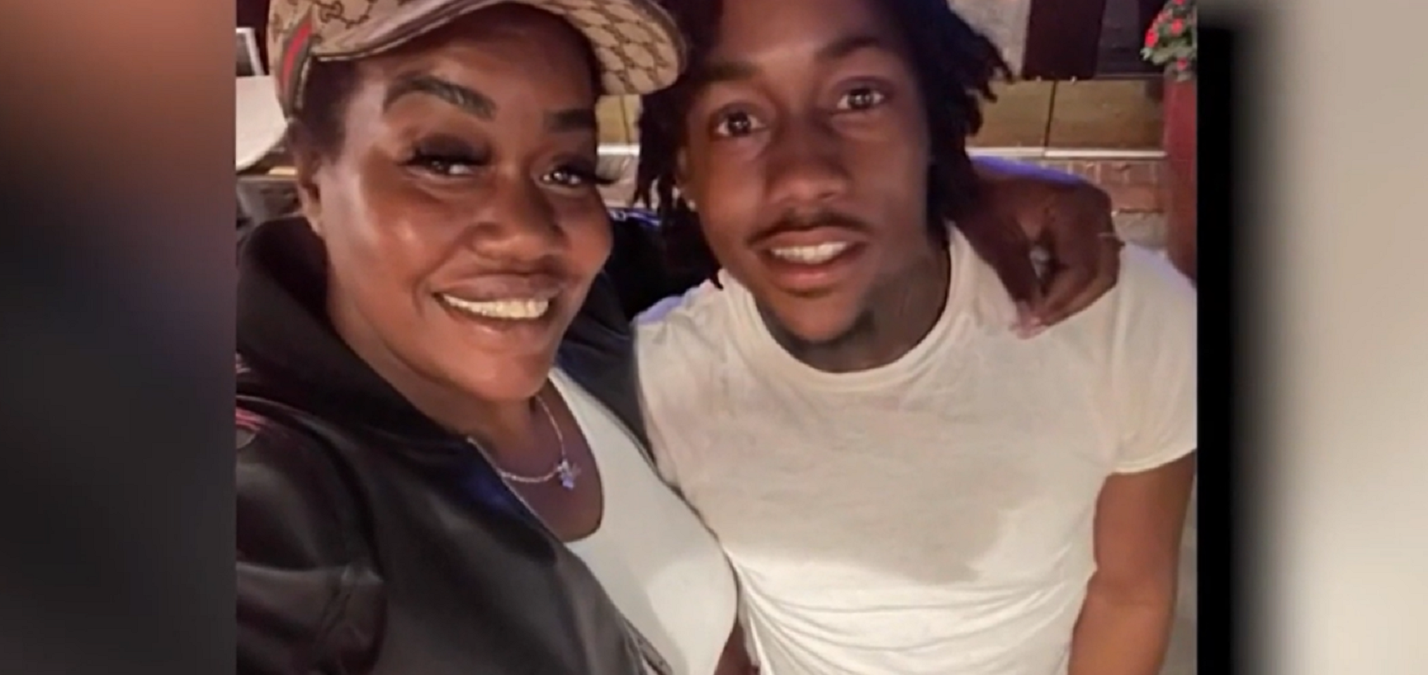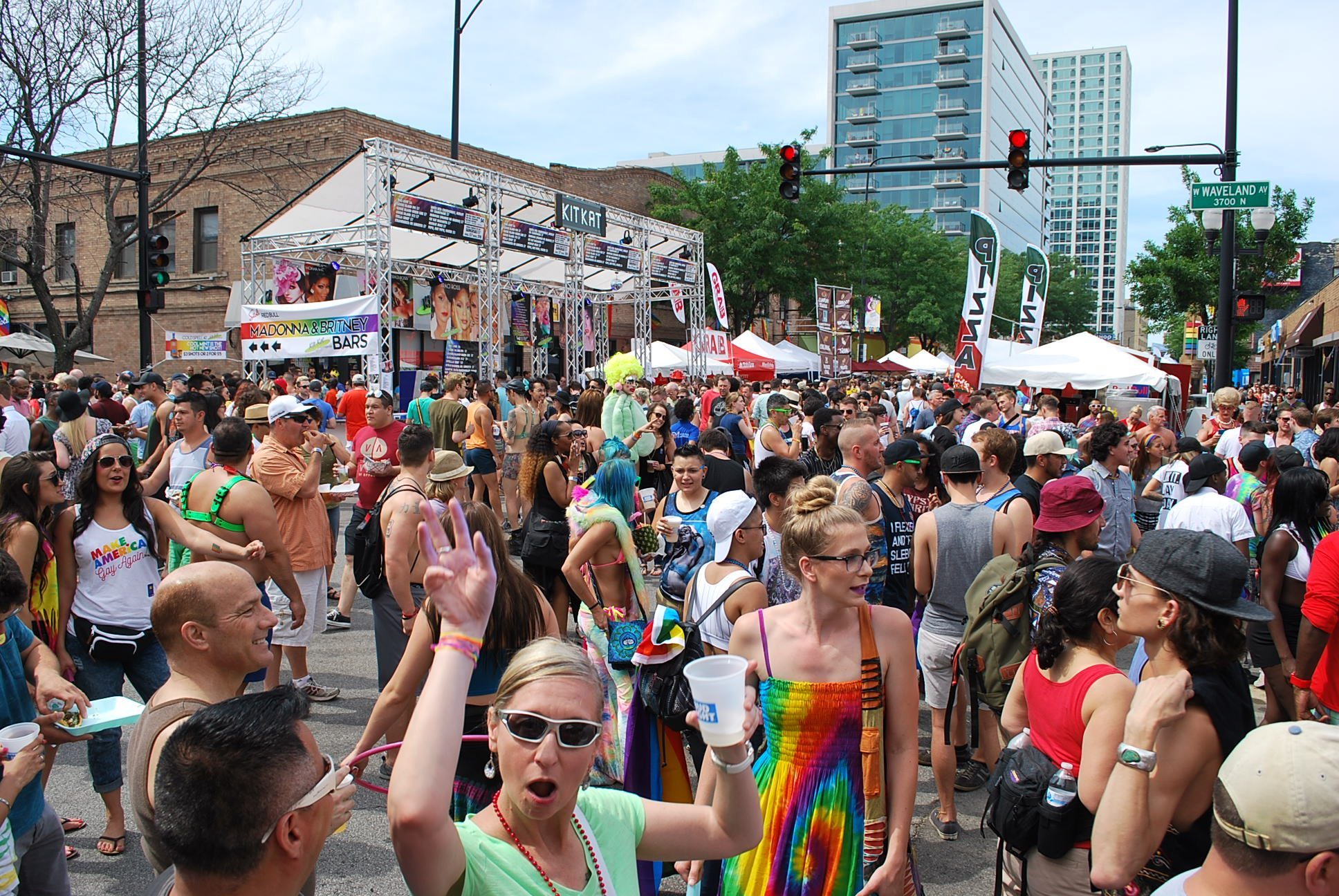
Swarms of birds are expected to travel through Chicago over the next few weeks as they head south during their annual migration.
The Chicago Bird Collision Monitors group said that millions of birds will fly through the Midwest, making it one of the highest-traffic times for the cross-country voyage.
"The folks of Chicago can look forward to hundreds of different species of birds visiting our lakefront, preserves and backyards," Annette Prince, director of the Chicago Bird Collision Monitors stated in an email.
Feeling out of the loop? We'll catch you up on the Chicago news you need to know. Sign up for the weekly Chicago Catch-Up newsletter here.
According to the group, 50% of the birds that use the Mississippi River Valley migratory path from the Midwest and down to the Gulf Coast are expected to make their way through or around the Chicago area over a period of just nine select nights, depending on breed and departure time.
For example, more than 437 million birds are expected to be in the skies overnight on Sept. 24, with the Midwest seeing the highest concentration of activity.
According to studies, more than a billion birds die per year as a result of window collisions, and many of those deaths occur during seasonal migrations.
Local
Migrating birds can become confused or disoriented by lights in and on buildings, as well as by glass features within those structures.
Because of that, advocacy groups are encouraging residents and business owners to take precautionary steps to help bird populations. In the city, activists are asking downtown and lakefront property owners to dim or turn off display lighting from 11 p.m. to sunrise during fall migration, which runs through Nov. 15.
Building management are also asked to use motion-sensitive lighting in buildings, and to dim lobby lights in the early morning when bird flights are at their highest.
In addition to turning off lights and drawing blinds to protect birds from being drawn in by clear glass, activists with Chicago Bird Collision Monitors are asking for the public’s help in rescuing birds injured in collisions with buildings.
If you encounter an injured bird, you are first asked to call the group at 773-988-1867. If comfortable doing so, residents are also asked to place the bird in either a clean, unwaxed paper bag or a cardboard box, with paper towels on the bottom.
Residents are then asked to close the box or bag, and to place the item in a safe, dark, quiet place until the bird can be transferred to a wildlife rehabilitation specialist.
Birds are extremely light-sensitive, and if subjected to darkness, they will tend to either relax or to fall asleep entirely.
Air holes are not required in bags or boxes, and residents are asked not to open the box to check on the health of the bird.



